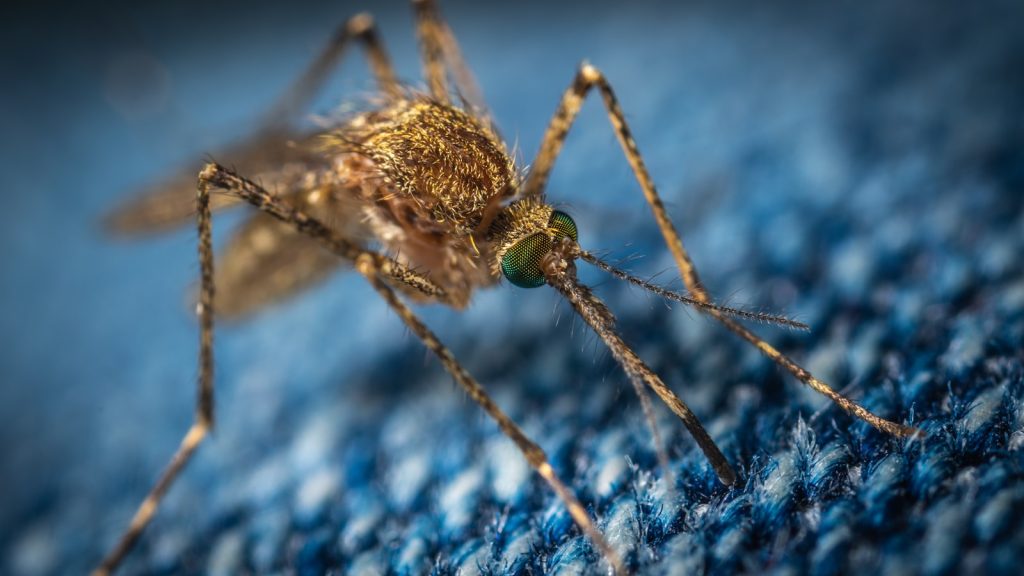Region of Waterloo Public Health is reporting it has detected the first human case of West Nile virus in the area this year.
In a press release, the health agency notes the first local case ever was reported in 2024, making this year’s the second ever. The unseasonably warm temperatures have kept insect populations and mosquitoes healthy well into October.
“The continued warm temperatures have extended the life cycle of mosquitoes in our region and across the province,” said Dr. Rabia Bana, Associate Medical Officer of Health.
Due to the heat, she is asking people to stay vigilant and protect themselves against the pesky insects. Most people won’t experience symptoms, but those who do could have a mild fever, muscle aches, stiff neck, swollen glands and a skin rash following a bite.
Those who do feel symptoms should seek medical attention, officials said.
“As we wait for cooler fall weather and the first frost, residents should continue to take precautions to protect themselves from mosquito bites while spending time outdoors,” Bana said in the press release. “It’s also a good idea to check your property and remove any standing water where mosquitoes can breed.”
Less than one per cent of human cases develop severe symptoms, the release explains. In late August, the virus officially arrived, after regional health found insects from test pools in Cambridge, Kitchener, and Wilmot Township had shown positive results.
The number of reported cases annually varies greatly since the Public Health Agency of Canada (PHAC) started tracking domestic infections in 2003, ranging from a handful of cases per year to a peak of 2,401 cases in 2007.
In 2024, there were 166 reported cases, according to PHAC’s preliminary data.
Protect yourself from mosquitoes
Use screens on your windows
Wear light-coloured clothing
Wear long sleeves, pants and a hat
Wear socks and closed-toe shoes
Use insect repellent with DEET or Icaridin according to manufacturer recommendations
When possible, avoid being outside at dusk and dawn when mosquitoes are most active

